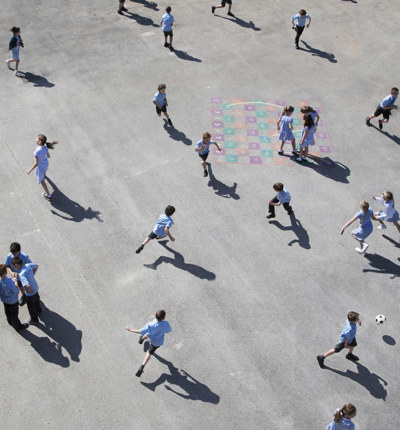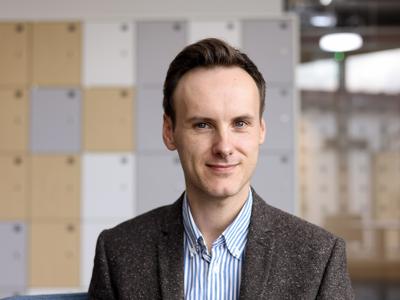
Peer on peer abuse guidelines leave too much to interpretation
With an increasing awareness that abusive acts can be carried out by children on other children, abuse claims solicitor Andrew Lord asks: is enough being done to safeguard children
Posted on 19 November 2019
In October 2017 I wrote about the prevalence of abuse amongst children in our schools. Sometimes referred to as peer-on-peer or child-on-child abuse, my previous blog followed on from a Panorama documentary which highlighted this issue.
The statistics are shocking, but sadly it feels as though with each new report there is less and less hope for improvement. A recent BBC article reported that in London alone, in 2018 there had been 268 reports of sexual assaults on children under 13 which had been committed by another child; the highest level of reporting since 2013.
This is despite the emerging recognition of this issue and it now being almost two years on from the implementation of the Department for Education’s guidance, “Sexual violence and sexual harassment between children in schools and colleges”.
Notably, the Department for Education’s guidance leaves much discretion to individual schools or colleges in deciding how to handle allegations of abuse amongst children, and recently the Children’s Commissioner suggested that she did not think that it was good enough that it was left to schools to interpret how the official guidance ought to be implemented.
Further, Ofsted have explained that whilst their inspectors are trained to report any cases of abuse to the police and local authority, they are unable to provide an “accurate national picture” as schools do not have a legal duty to notify Ofsted of safeguarding incidents.
The true scale of the issue may not be known but in my experience the risk of abuse occurs across the age spectrum. In November 2018 Leigh Day successfully concluded the case of a girl known publicly as “Bella” to protect her identity, a six year old girl who had disclosed being sexually assaulted by other children on a number of occasions. Since then I have spoken with many families whose children have been subjected to assaults by their fellow pupils, in both primary and secondary education and in a variety of school settings across the country.
Earlier this year I was asked to speak about the risks of peer-on-peer abuse at a conference, and just this week I have delivered presentations on this issue at two separate events. It is great to see the risk of peer-on-peer abuse being given the appropriate recognition and that the audience, which included safeguarding professionals, were very engaged.
However, without the implementation of new reporting measures to compliment the Government guidance, leaving the interpretation open will inevitably lead to inconsistencies across regions, individual schools and colleges, and even different members of staff.
I acknowledge that the idea that sometimes very young children are capable of abusive acts will make many feel uncomfortable, but this is an issue that we cannot afford to be squeamish about. The bravery required of a child to make a disclosure cannot be underestimated, whether the perpetrator is an adult or another child, and I hope that we, collectively as a society, are able to learn to acknowledge, effectively tackle and ultimately prevent any abuse amongst children.


